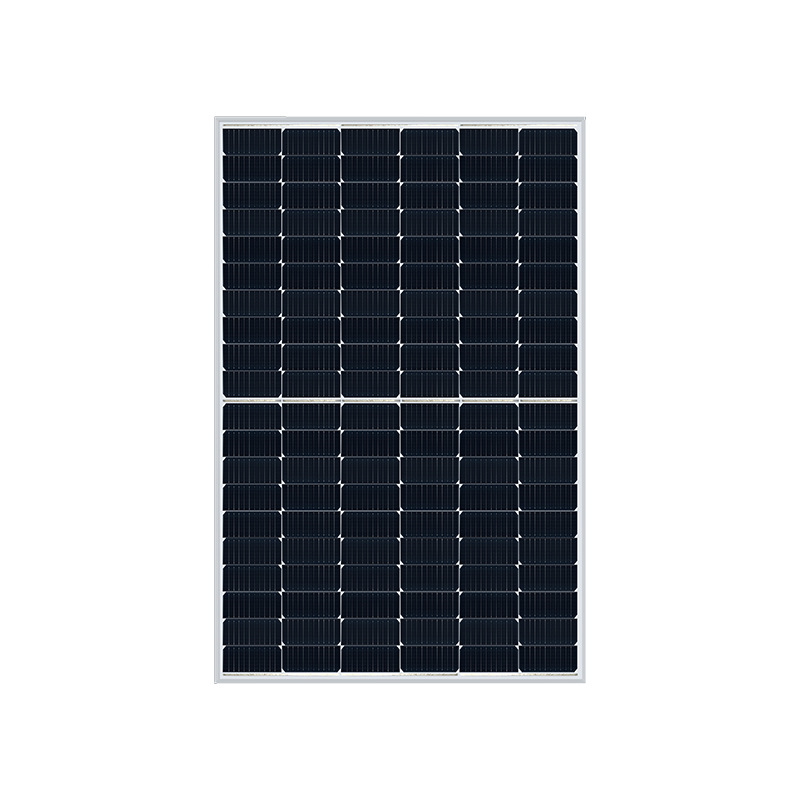 2F, Zhishan Building, Lane 999, Zhuanxing East Road, Shanghai
2F, Zhishan Building, Lane 999, Zhuanxing East Road, Shanghai  2F, Zhishan Building, Lane 999, Zhuanxing East Road, Shanghai
2F, Zhishan Building, Lane 999, Zhuanxing East Road, Shanghai With the increasing global energy crisis and environmental issues becoming more prominent, there is a growing demand for clean and renewable energy sources. In this context, solar panels, as efficient energy conversion devices, are gradually gaining attention and favor from people. Solar panels not only provide clean and renewable electricity but also have significant energy-saving benefits, making them an important choice for future energy development.
Solar panels convert sunlight into electricity without the need for traditional energy resources such as coal and oil. This utilization of solar resources avoids excessive exploitation and use of finite fossil fuels, reducing dependence on traditional energy sources and fundamentally saving energy resources.
Buildings or facilities equipped with solar panels can partially or completely rely on their own power generation, reducing dependence on the traditional power grid. Especially in remote areas or areas with unstable power grids, solar panels can serve as reliable backup power sources, reducing reliance on the grid and minimizing energy consumption and waste.

Solar panels directly convert sunlight into electricity, reducing intermediate links and energy loss. Compared to traditional energy generation methods such as coal-fired or nuclear power generation, solar panels have higher energy utilization efficiency, enabling more comprehensive utilization of solar resources and achieving energy savings and high-efficiency utilization.
Solar panels have a long service life, generally up to 20 years or even longer. Under normal use and maintenance, the performance of solar panels does not significantly degrade, providing stable electricity for users continuously. In contrast, traditional energy resources such as coal and oil are non-renewable resources, and their use leads to energy depletion and resource exhaustion.
Solar panel electricity generation does not produce carbon dioxide or other greenhouse gases and pollutants, effectively reducing carbon emissions and environmental pollution. Compared to traditional fossil energy generation methods, solar panels are a cleaner and more environmentally friendly energy choice, contributing to the improvement of atmospheric environmental quality and mitigation of the impacts of climate change.
The use of solar panels not only saves energy but also promotes energy conservation and environmental awareness among people. The popularization and application of solar panels can promote public awareness and understanding of energy conservation and emission reduction, promote the dissemination and popularization of energy-saving and environmental protection concepts in society, and promote the realization of green sustainable development.
In summary, solar panels, as a clean and renewable energy technology, not only provide clean and reliable electricity for people but also have significant energy-saving benefits. With continuous technological advancement and cost reduction, the application prospects of solar panels will be broader, becoming an important direction for future energy development.